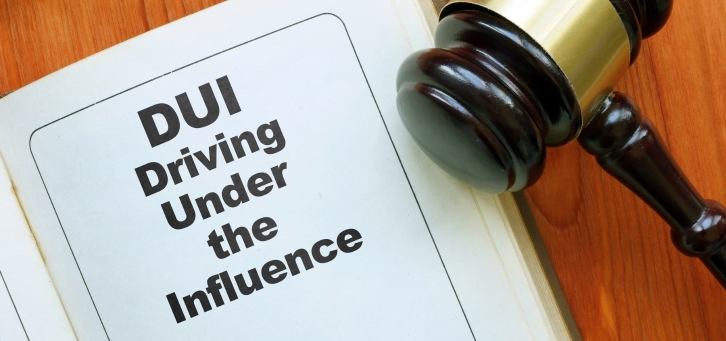As a pilot, encountering a DUI charge can be a stressful and potentially career-altering experience. The Federal Aviation Administration (FAA) has strict regulations regarding DUI offenses, and understanding how to navigate these regulations is crucial. In this guide, we’ll walk you through the process of dealing with a DUI charge and its implications for your FAA certificate.
Scenario
Picture this: you’ve had a night out with friends and find yourself pulled over by the police for suspected DUI. After failing a field sobriety test, you’re charged with driving under the influence. Now, you’re facing not only legal consequences but also potential repercussions for your Pilot and Medical Certificate. What steps should you take next?
FAA Reporting Requirements
Under 14 C.F.R. §61.15(e), pilots are required to report any motor vehicle action, including DUI convictions, to the FAA within 60 days. Failure to comply with this reporting requirement can result in severe penalties, including certificate suspension or revocation. At the same time, not every DUI event requires reporting under 14 C.F.R. §61.15(e). For example, an arrest or a DUI itself is not a reportable event. A common myth is that the FAA must be informed within 60 days from the date of the arrest. However, reportable events often coincide with an arrest for a DUI, such as a suspension of a driver’s license, which is a reportable event. In any case, you should consult an aviation attorney shortly after an arrest for a DUI to be sure you are meeting your reporting obligations without disclosing more to the FAA than you are obligated to.
Consequences of Non-Reporting
Some individuals may be tempted to avoid reporting their DUI to the FAA, hoping to evade consequences. However, this is a risky strategy. The FAA has mechanisms in place to discover such offenses, and failure to report can lead to even more severe penalties down the line. These penalties typically include revocation of all airman and medical certificates with a delay in reapplication for the airman certificates for a period of one year. A pilot who has their airman certificates revoked will need to re-earn all certificates. This means the pilot must retake the oral, written, and practical exams for each certificate held, starting with the private Pilot and Medical Certificate.
FAA Investigation
Upon receiving a report of a DUI conviction, the FAA will initiate an investigation to determine compliance with reporting requirements. Depending on the circumstances, this investigation may escalate to a formal inquiry, potentially resulting in certificate suspension or revocation.
Why Seek Legal Representation
Successfully navigating FAA regulations and enforcement actions calls for in-depth legal knowledge and experience. An experienced aviation attorney can assist you in properly reporting your DUI to the FAA, protect your certificate, and represent your interests in any subsequent investigations or proceedings.
Barnett Law Offices handles aviation law and is here to help. Our team of attorneys is dedicated to protecting your rights and guiding you through the FAA compliance process. If you’re facing a DUI charge and concerned about its impact on your Pilot and Medical Certificate, contact us today at (800) 578-5512 for legal assistance and peace of mind.



